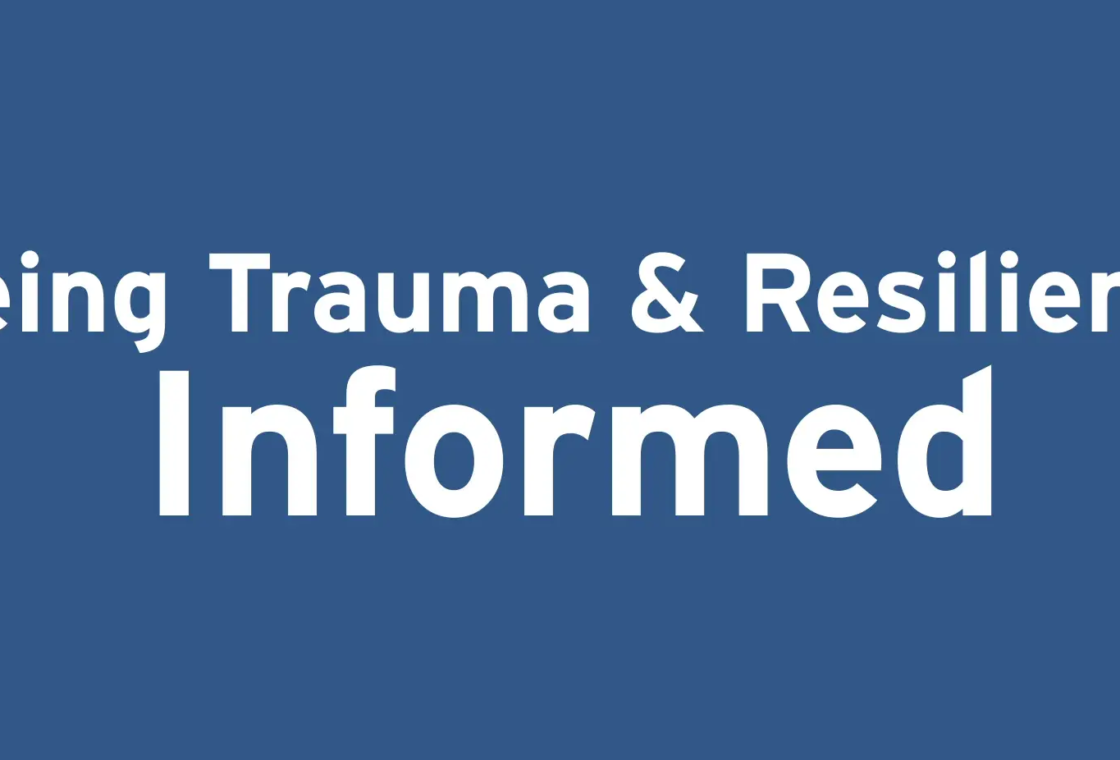Trauma and Prevention: An Introduction for Professionals


What is a Traumatic Event?
A traumatic event, or series of events, are harmful, dangerous, or life-threatening experiences. When traumatic events occur, they can cause strong emotions such as fear and helplessness affecting a person’s functioning and wellbeing that can persist well after the event. However, just because a person experiences a traumatic event does not necessarily mean they will perceive it as traumatic or go on to develop traumatic stress or other difficulties.
What Is Traumatic Stress?
Traumatic stress occurs when a person is exposed to a traumatic event. It can be characterized by a range of responses, including intense and persistent distress, depressive or anxiety symptoms, behavioral changes, difficulties controlling one’s behavior and emotions, problems with interpersonal relationships, disruptions in attention and learning, nightmares, difficulty sleeping and eating, and physical symptoms. Without intervention, exposure to traumatic events can affect the brain and nervous system as well as increase health-risk behaviors (e.g., smoking, drinking alcohol, unprotected sex, other substance use) as a way to cope with feelings of traumatic stress.
Research shows that individuals exposed to traumatic or other adverse events in childhood are more likely to have lower education attainment, long-term health problems, or to die at an earlier age. Adult survivors of traumatic events may also have difficulty in establishing fulfilling relationships and maintaining employment.

What is Prevention?
Mental health prevention focuses on promoting wellbeing and resilience with a goal of reducing the burden of mental health problems for individuals, families, and communities. A trauma and resilience informed approach to prevention involves strengthening protective factors, skills, and social connection, while also reducing risk factors and stressors. Research demonstrates that prioritizing mental health prevention can mitigate negative long-term outcomes for individuals and their families across the lifespan.
What is Trauma and Resilience Informed Care?
Trauma and resilience informed care recognizes and addresses the far-reaching impact of adverse and traumatic events on individuals, families, communities, and systems by increasing awareness and developing knowledge of practices that promote healing and recovery. Adoption of this approach must be systematically aligned at multiple levels across an organization. As described by the Substance Abuse and Mental Health Administration (SAMHSA), a trauma informed framework should be integrated into policies, practices, and daily routines in order to:
- Foster safety
- Build trustworthiness and transparency
- Leverage peer support
- Encourage collaboration and mutuality
- Promote empowerment, voice, and choice
- Consider cultural, historical, and gender issues
READ TECHNIQUE
Being Trauma and Resilience Informed
Practice taking a trauma and resilience informed perspective with the READ technique.
In addition to providing education, training, and consultation on trauma informed practice, the DMH + UCLA Center of Excellence (COE) utilizes a resilience framework to support organizational transformation throughout Los Angeles County. Utilizing online and in person training as well as program design and implementation, the COE focuses on positive objectives and prevention strategies that reduce or mitigate risk and mobilize protective processes to promote resilience and recovery.
By promoting trauma and resilience informed practices, the COE partners with agencies and organizations to move away from focusing on problems or deficits and to move towards an understanding and appreciation for what each person has gone through, the journey they have traveled, and how the world around them may play a role in their experience and ultimately their expression of emotions and behaviors. Highlighting an individual’s unique and adaptive strengths makes it possible for someone to get to the other side of adversity and triumph.
Ultimately, trauma and resilience informed care can serve as a population-level prevention practice to reduce the burden of serious problems, such as trauma, for individuals and whole communities.
